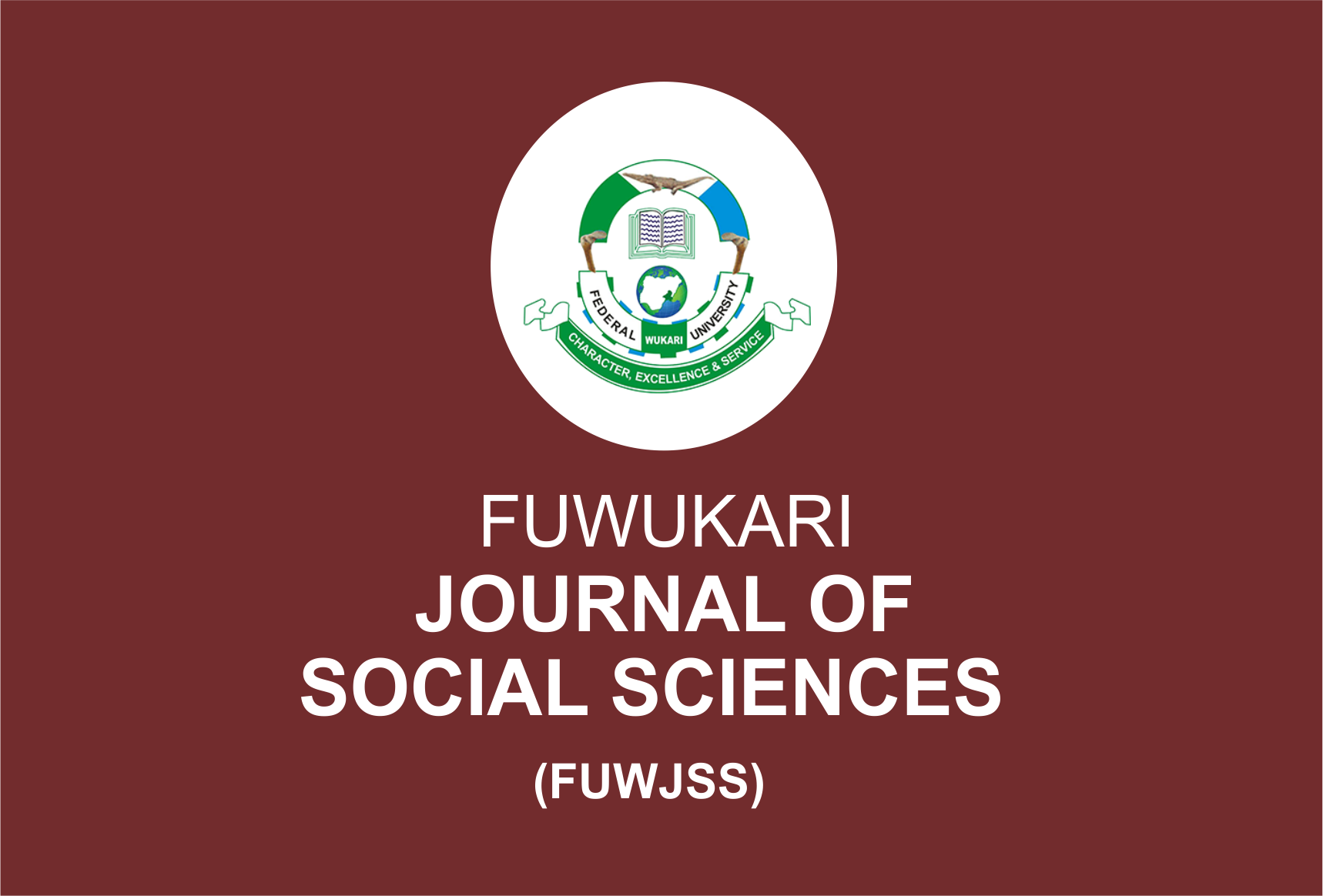Drivers of Farmers-Herdsmen Conflicts in Benue and Nasarawa States, Nigeria
Ahmed Usman
Keywords: Farmers, Herdsmen, Conflict, Grazing Reserves, National Security
Abstract
This study examines the major causes of the Fulani-Agatu conflict in Benue and Nasarawa states. The study utilized Environmental Scarcity Theory as the framework of analysis. A survey research design was adopted where 390 questionnaires were administered across ten (10) council wards in three Local Governments Areas of Benue and Nasarawa States respectively: Agatu (Benue); Nasarawa (Nasarawa); and Doma (Nasarawa). Fifteen (15) key informant interviews and three (3) focus group discussion sessions in Obagaji, Loko and Udeni-Magaji. Quantitative data were analyzed through frequency counts and simple percentages; while qualitative data were content analyzed. Findings of the study identified disappearance of demarcated cattle stock routes; farm encroachment; population increase; and proliferation of sophisticated modern weapons as major drivers of farmers-herdsmen conflicts in Benue and Nasarawa States. Consequently, the study recommends that, the federal Government in collaboration with state governments needs to revive the erstwhile grazing reserves system with improvements for permanent settlements of the Fulani Pastoralists. Also, there is the need for the establishment of ranches by the respective state governments and stringent measures restraining illegal possession of arms by individual need to be urgently put in place by both the federal and state governments.
Author Biography
Ahmed Usman (PhD)
Department of Political Science
Federal University of Kashere, Gombe State
Email:[email protected]

